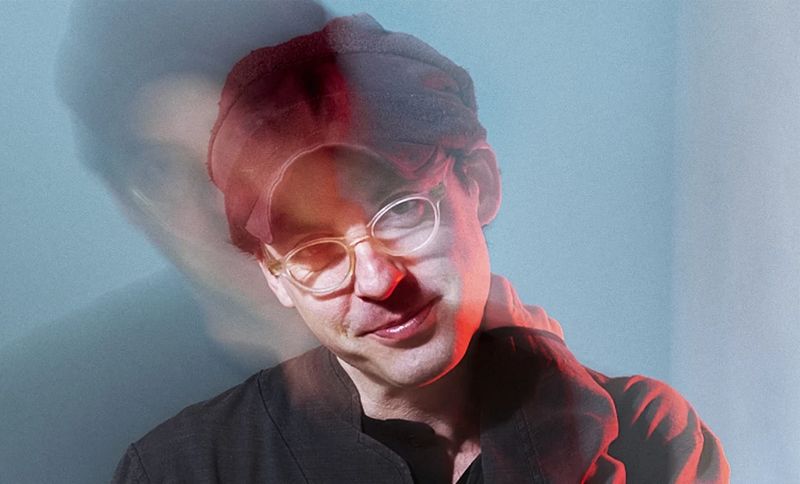The specialist takes stock of the treatments that exist and those to come.
–
Cedric Blanpain, director of the Stem Cells and Cancer Laboratory at ULB, is the guest of the Grand Oral RTBF / Le Soir this Saturday, February 13 on La Première. Crowned in particular with the highest scientific distinction in Belgium, he takes stock of scientific research on cancer, the future of the disease and existing and future treatments.
When asked about the poverty of health policy in Belgium, Cédric Blanpain is very clear: “We could do a lot better! In the north of the country, the means for scientific research are much superior to those in the south. Fortunately, we have charitable associations that help us, such as the Cancer Foundation or the Televie, which are a breath of fresh air necessary to face this shortage of money. We are clearly in a system that lacks resources. However, in terms of care, Belgium is very efficient. “Our health care remains of an extraordinary quality, it must be realized too. There is nothing to complain about there, even in the south of the country. “
–
And tomorrow ?
Cancer research is advancing, treatments are evolving, so is screening. But can we hope that one day cancer will become a chronic disease, which we can treat like diabetes? Cédric Blanpain nuance. “Cancer will never become a ‘stupid disease’, it will always be something serious. Each year we will improve our knowledge, the treatments and the life expectancy of patients who have cancer. I think that in the next 30 years we will find a solution for a large number of cancers facing which we are still quite helpless today. But it is very likely that chemotherapy, which has been effective for fifty years but which is never a walk in the park, will remain a treatment used for a large number of patients. “
–
Revolutions
Cancer is a strange beast, a living organism that keeps adapting to the human body in order to survive, in the face of immunity and treatment. To fight it, a few revolutions are taking place, such as immunotherapy. “We realized that the problem is not that we cannot destroy cancer, it is that our immune system has somehow acclimated to it. Immunotherapy removes the brake that told the immune system not to attack the cancer cell. We “reset” this acclimatization so that the immune system can reclaim its job, so that it darkens and destroys the cancer. It’s a real revolution! Unfortunately, it does not work for all types of cancer. For those, we have to find new therapies. We must continue to develop innovative and personalized therapies, which attack targets, and not in an almost nuclear way. Better understand cancers, what sets them apart, and develop appropriate treatments: that must be the future. “
–
– .

:format(jpg)/cloudfront-eu-central-1.images.arcpublishing.com/larazon/BTDKGJCEEFBXFJP35CMEGFEMUU.jpg)
